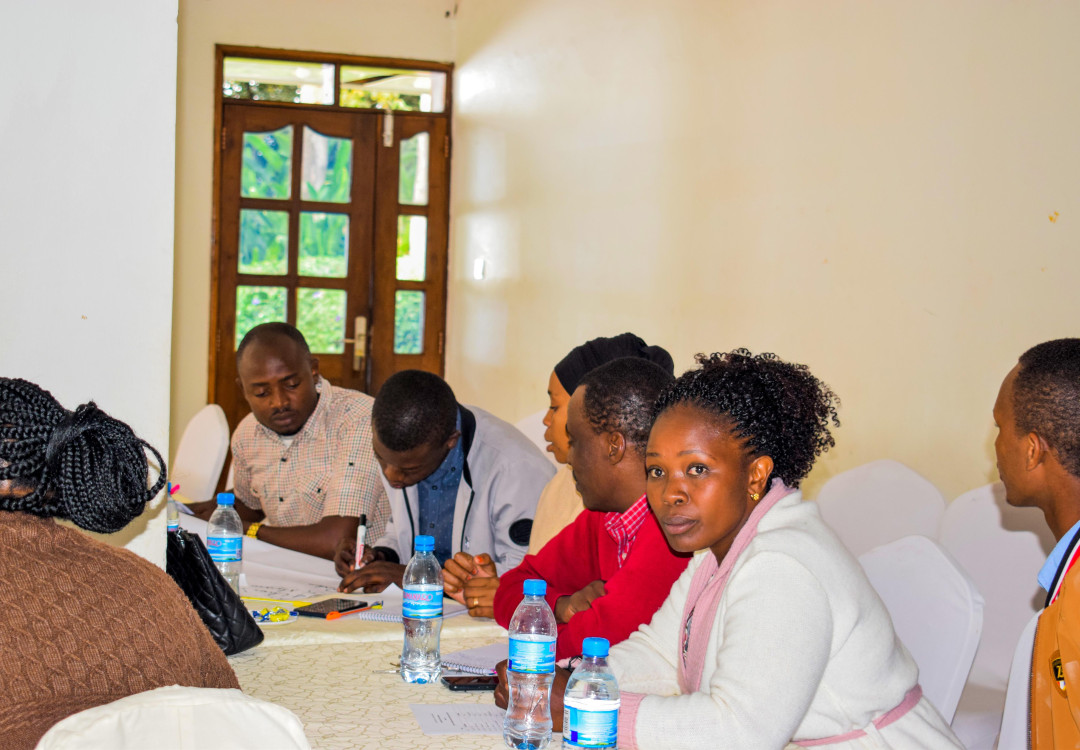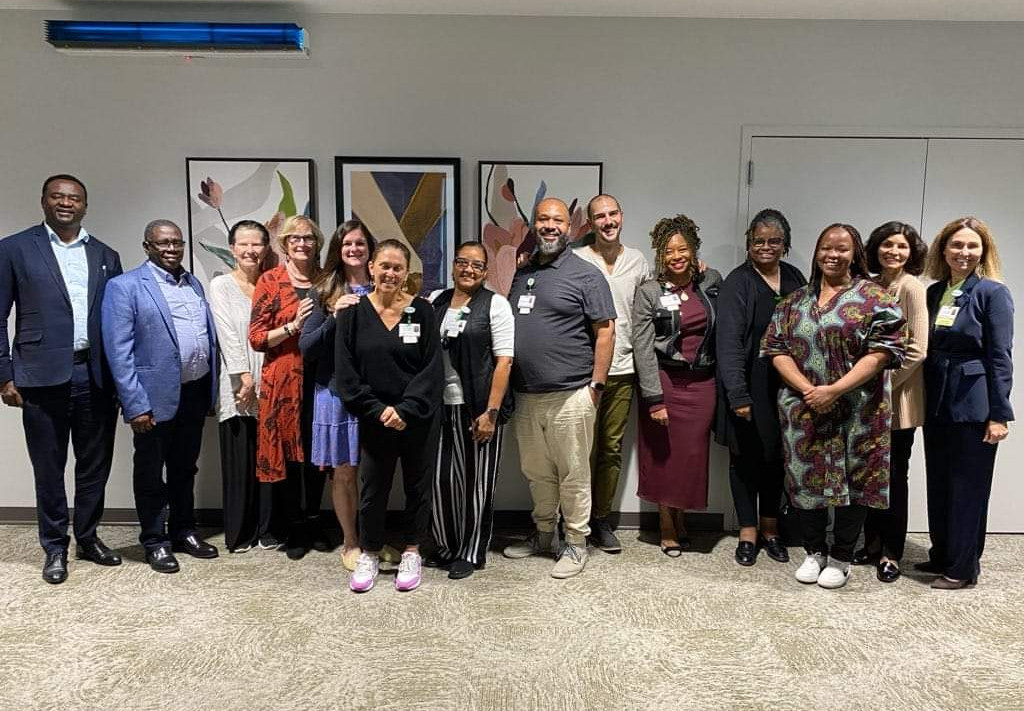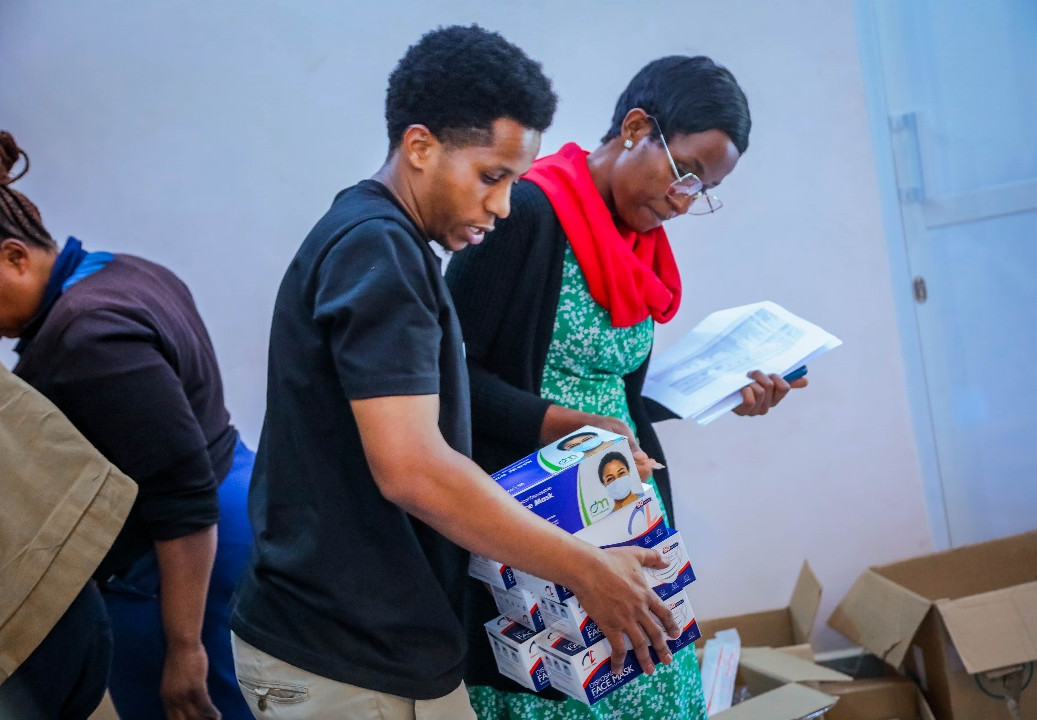Many of the 8.5 million children under the age of five in Tanzania are not reaching their full developmental potential. Their ability to do so depends on receiving five inter-related elements of nurturing care (NC): good health, adequate nutrition, safety and security, responsive caregiving, and opportunities for learning. Growing evidence from around the world shows that, in particular, an integrated approach to health, nutrition, and stimulation interventions reduces the risk to children’s development and promotes positive outcomes from early years to adulthood. Despite increasing recognition of the importance of early childhood development (ECD) in Tanzania, historically there
has been an overall lack of programs involving different sectors to provide these services in an integrated way. For instance, many school feeding, early education, health, and safety and security programs are implemented in silos, with no coordination around monitoring or reporting.
Few existing programs address early stimulation, parenting, play, and communication as building blocks of the nurturing care framework. Furthermore, while most Health College and social welfare curricula include some ECD components, they tend to focus primarily on developmental milestones. In-depth knowledge on and instruction in the comprehensive science of ECD, and on NC components, is often lacking. With support from the Hilton Foundation, the Elizabeth Glaser Pediatric AIDS Foundation (EGPAF) has been implementing the Malezi projects in the Tabora region of Tanzania since 2016. These projects have aimed to increase the likelihood that HIV-infected and HIV affected children will reach their full cognitive, social, emotional, physical, and developmental potential. This Hilton Foundation investment has been instrumental in terms of ECD knowledge uptake among community members and ECD integration into facilities and communities. For example, the project evaluation found that caregivers receiving the full package of Malezi II interventions – radio messages, short video job aids for community health workers (CHWs), and provider training and home visits based on Care for Child Development (CCD) – were four times more likely to score well in ECD knowledge and nearly twice as likely to score well in early stimulation and father engagement, with an investment of only $2.90 per caregiver.



